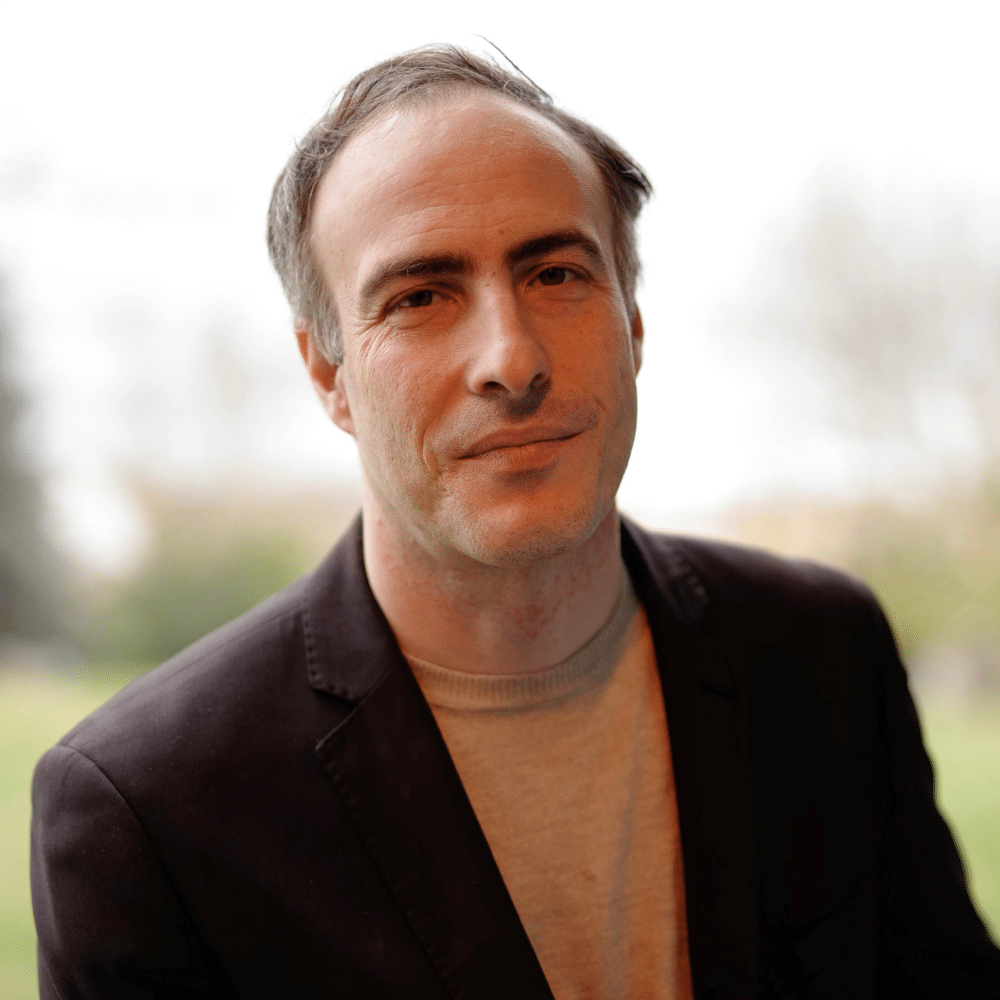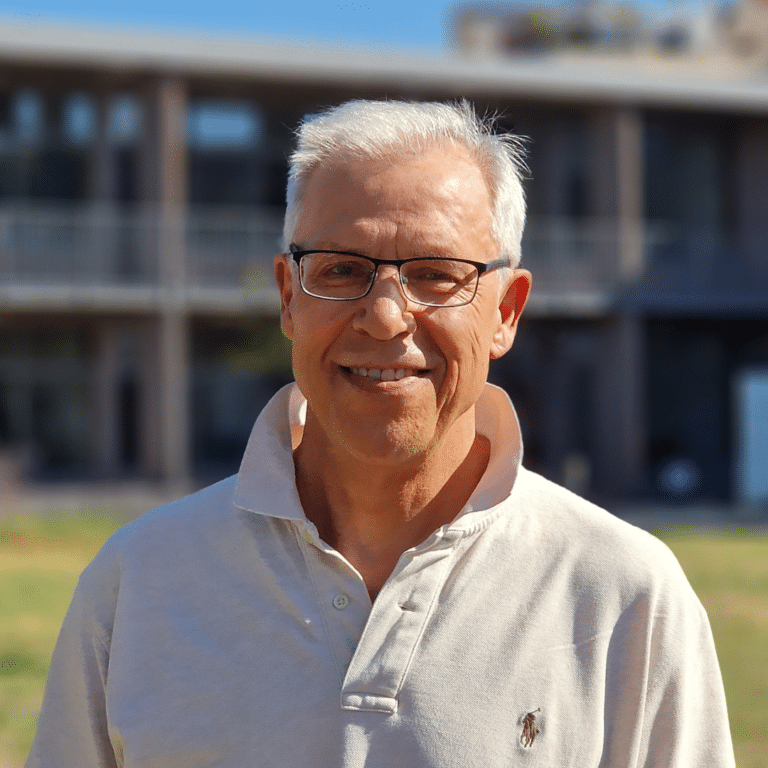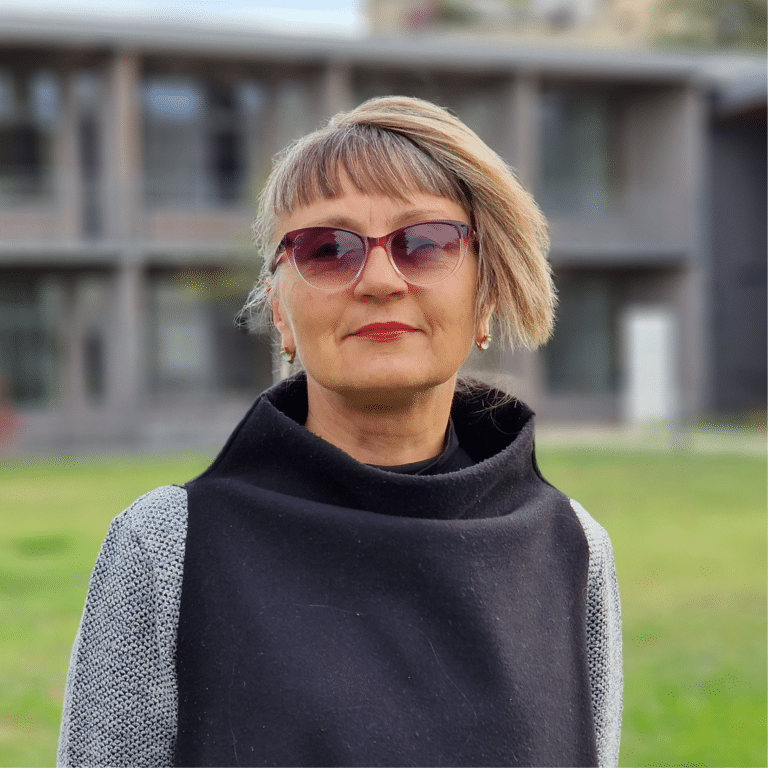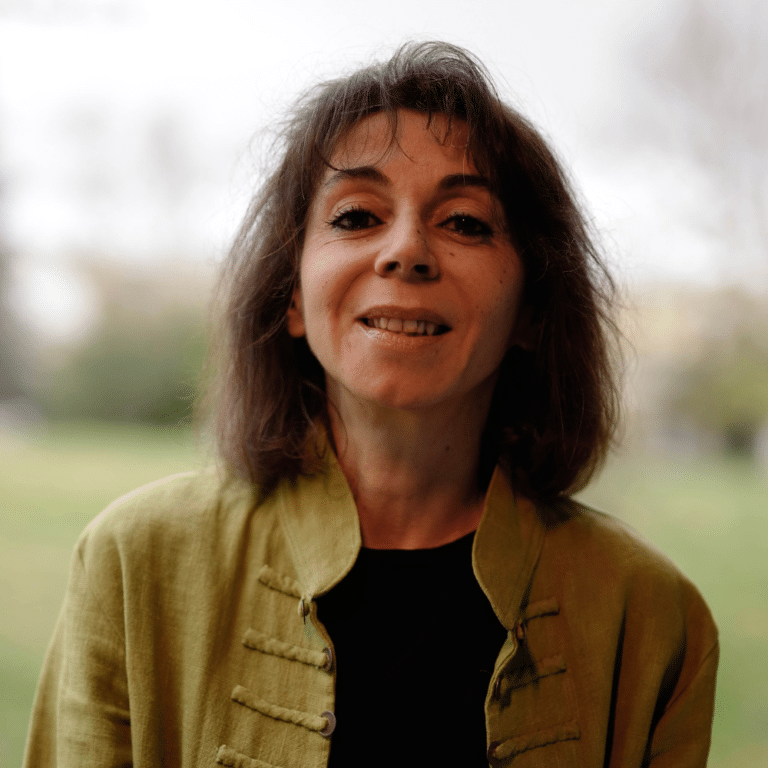Research project
A Concrete Utopia for the Euro-Mesopotamian space: The Political Philosophy of the Syrian-Kurdish Movement
Summary of the research project
Davide Grasso’s research project at Iméra, the Institute for Advanced Study of Aix-Marseille University, explores the political philosophy of the Syrian-Kurdish Movement and the Autonomous Administration of North-East Syria (AANES), providing valuable insights into democratic autonomy and the pursuit of democratic modernity in the Euro-Mesopotamian space.
The study delves into the concepts of “democratic autonomy” and “democratic modernity” as utopian ideals guiding this movement. Adopting an interdisciplinary approach, Grasso aims to analyze the mechanisms of representation, experiments in direct democracy, and philosophical influences of the AANES, contributing to a better understanding of utopian political solutions in conflict regions.
Democratic Autonomy and Self-Government
Grasso explores the concept of “democratic autonomy” as a historical and pragmatic form of utopia, manifested through thousands of People’s Communes in Rojava. The research examines the effectiveness of democratic practices, including projects centered on women, ecology, and participation within the framework of the AANES.
Democratic Modernity
The Ultimate Horizon: Grasso studies the AANES’s vision of “democratic modernity” as an unrealized utopian ideal. Moving away from Eurocentric visions, this notion embraces Mesopotamian roots and alternative narratives of history. The research examines its philosophical foundations, including the influences of thinkers like Foucault, Adorno, and Horkheimer, as well as its connections to mythologies and archaeological hypotheses.
Interdisciplinary Approach
To comprehensively analyze the AANES, Grasso adopts an interdisciplinary approach, combining ethnographic/sociological analysis of its governance, legal research on its legal framework (Social Contracts), and a theoretical examination of its philosophical roots. The research period will allow for the integration of empirical findings with philosophical investigations.
Grasso’s research project makes a significant contribution to the study of the Kurdish liberation movement, going beyond simplistic categorizations of its ideology. By systematically extracting the philosophical cores from the works of Abdullah Öcalan and other Kurdish militants, the study stimulates academic debate on these ideas. The expected outcomes include an academic monograph and presentations at conferences in France, Italy, and beyond, involving Kurdish and Syrian civil society, academics, and students.
Biography
Davide Grasso holds a PhD in Theoretical, Moral and Hermeneutical Philosophy from the University of Turin. He is currently adjunct professor at the International University College of Turin and collaborates with the Department of Cultures, Politics and Society of the University of Turin. He has studied at the Humboldt Universität zu Berlin and, as a visiting scholar, did research at the École des hautes études en sciences sociales in Paris (Institut Jean-Nicod) and at the Columbia University in New York. He later worked at the CNRS in Paris and acquired archival research skills at the Bundesarchiv Deutschlands in Berlin, the Archives de Paris de Porte des Lilas and the English Heritage Archive in London. He is currently associated with the Italian Society of Political Philosophy (SIFP), the Italian Society of Middle Eastern Studies (SeSaMO) and is a founding member of the Italian Network for Kurdish Studies (RISC). He has conducted field research on institutional conflicts and conflicts in the selection of cultural heritage in the United States, Germany, France, the United Kingdom, Turkey, Israel, the Palestinian National Authority, Iraq and Syria over a 12-year period. He has published in Italian, French and English peer-reviewed articles on philosophy of institutions, ontology of the cultural heritage, border walls in Europe and the Middle East, the war in Syria and the Kurdish movements; and four books, two of which on the Syrian conflict (Hevalen, Alegre, 2017; Il fiore del deserto, Agenzia X, 2018, translated into Arabic and Kurdish).




